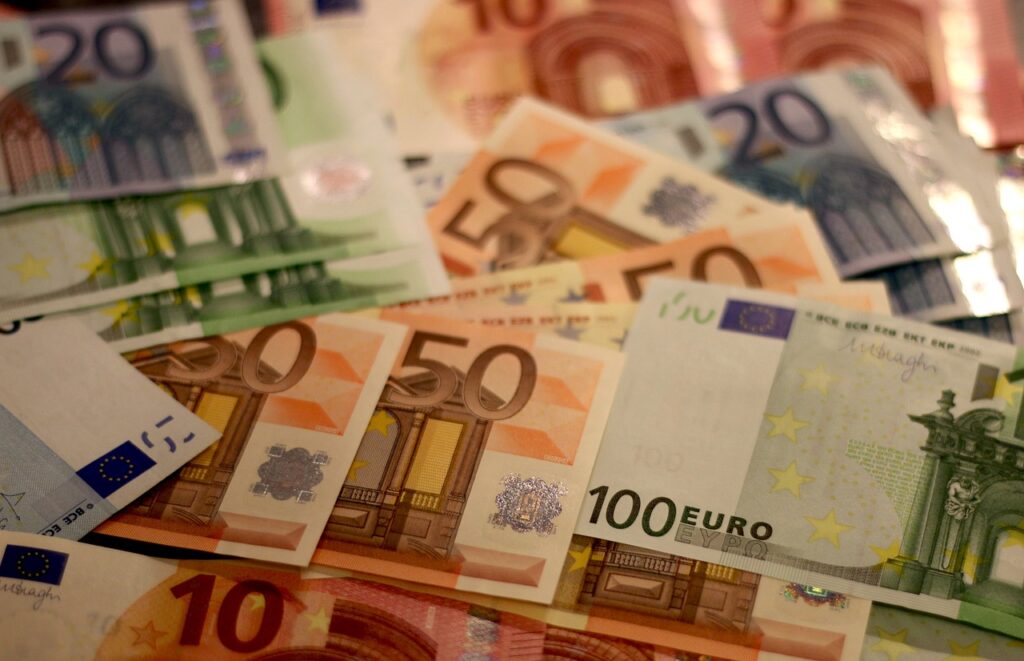Germany has taken a significant step to strengthen Europe’s hydrogen economy. Dr. Robert Habeck, the German Federal Minister of Economics, and Dr. Markus Wittmann, Ministerial Director of the Bavarian Ministry of Economic Affairs, Regional Development, and Energy, have announced a €72.5 million (US $78.94 million) grant to Hydrogenious LOHC Infra Bavaria for the Green Hydrogen @ Blue Danube project. The funding, with 70% from the federal government and 30% from Bavaria, highlights the project’s strategic importance.
The initiative, recognized by the European Commission as an “Important Project of Common European Interest” (IPCEI) in February 2024, aims to provide a stable hydrogen supply for Central European industries. Dr. Habeck emphasized that hydrogen projects are crucial for achieving Europe’s climate-neutral and sustainable economy. He stated hydrogen pipelines would be essential for decarbonizing industrial centers, facilitating climate-neutral growth.
Scheduled to start operations in 2028, the LOHC ReleasePLANT will produce up to 1,800 tonnes of green hydrogen annually for industrial users in the Bavarian Danube region. The project uses Hydrogenious’ innovative Liquid Organic Hydrogen Carrier (LOHC) technology, which safely bonds hydrogen to thermal oil benzyl toluene for transport via existing liquid fuel infrastructure. This method ensures safe and efficient hydrogen delivery without any loss.
Saxony-Anhalt is investing in climate-neutral hydrogen to support its energy-intensive industries. Federal Minister for Economic Affairs Robert Habeck presented funding notices to transmission system operator Ontras and energy infrastructure operator VNG in Berlin, with Saxony-Anhalt’s Energy State Secretary Thomas Wünsch in attendance. The federal government is contributing around €126 million, while the state is adding €54 million to develop the hydrogen core network.
Thomas Wünsch emphasized the significance of this network for Saxony-Anhalt’s economy, particularly for the chemical industry, which relies on climate-neutral hydrogen. The rapid development of this infrastructure, supported by federal and state funding, will enable Saxony-Anhalt to become a leader in hydrogen production, storage, and use.
The hydrogen core network will connect major production and consumption regions in Germany with pipelines. Key projects include “Green Octopus Central Germany,” involving hydrogen cavern storage in Bad Lauchstädt and a pipeline from Bad Lauchstädt to Salzgitter, and “doing hydrogen,” which aims to build a pipeline network from Leipzig through eastern Saxony-Anhalt to Rostock, converting existing natural gas pipelines to hydrogen.
The development of the hydrogen economy in Saxony-Anhalt has significant potential. A study by r2b energy consulting, commissioned by the Ministry of Energy, predicts that by 2045, this sector could create 27,000 additional jobs and increase annual value added by €1.5 billion.
RWE has announced that the German and regional governments have allocated funds for its significant hydrogen projects. The group will receive €619 million to finance the electrolyzer plant in Lingen and the hydrogen storage facility in Epe. Additionally, the Rostock electrolysis project will be funded with €199 million. The German government and the states of Lower Saxony, North Rhine-Westphalia, and Mecklenburg-Western Pomerania provide these funds.
The funding will support the construction of a 300 MW electrolyzer in Lingen as part of the GET H2 Nukleus project, along with a hydrogen plant in Gronau-Epe. Another funding round has been granted to a consortium, including RWE, for developing a 100 MW electrolyzer plant in the port of Rostock under the HyTechHafen Rostock project. RWE plans to invest a substantial amount in these projects.
Markus Krebber, CEO of RWE, emphasized the importance of green electricity and hydrogen in attracting industry to these sites, highlighting the urgent need for investment in hydrogen-producing electrolyzers and the related infrastructure, including storage facilities.
